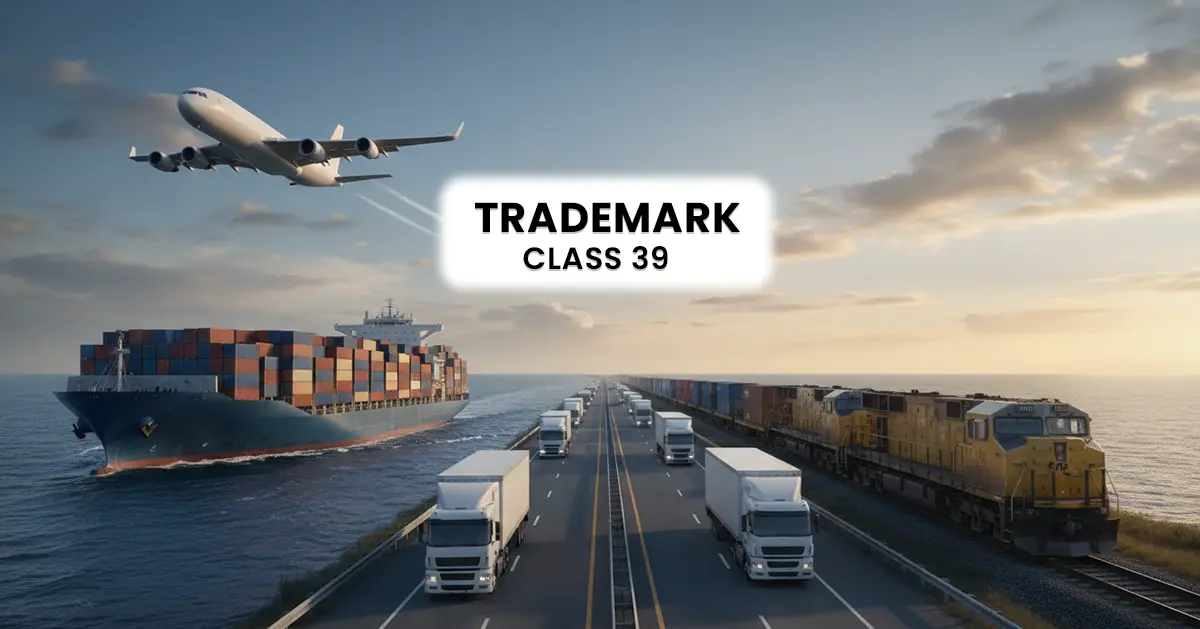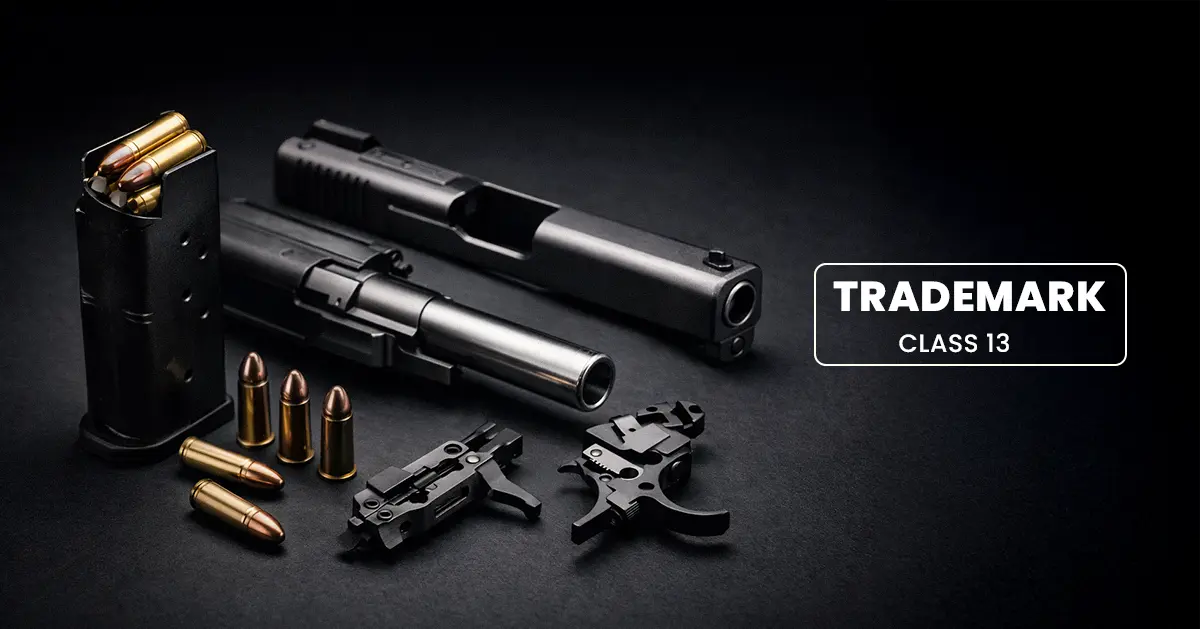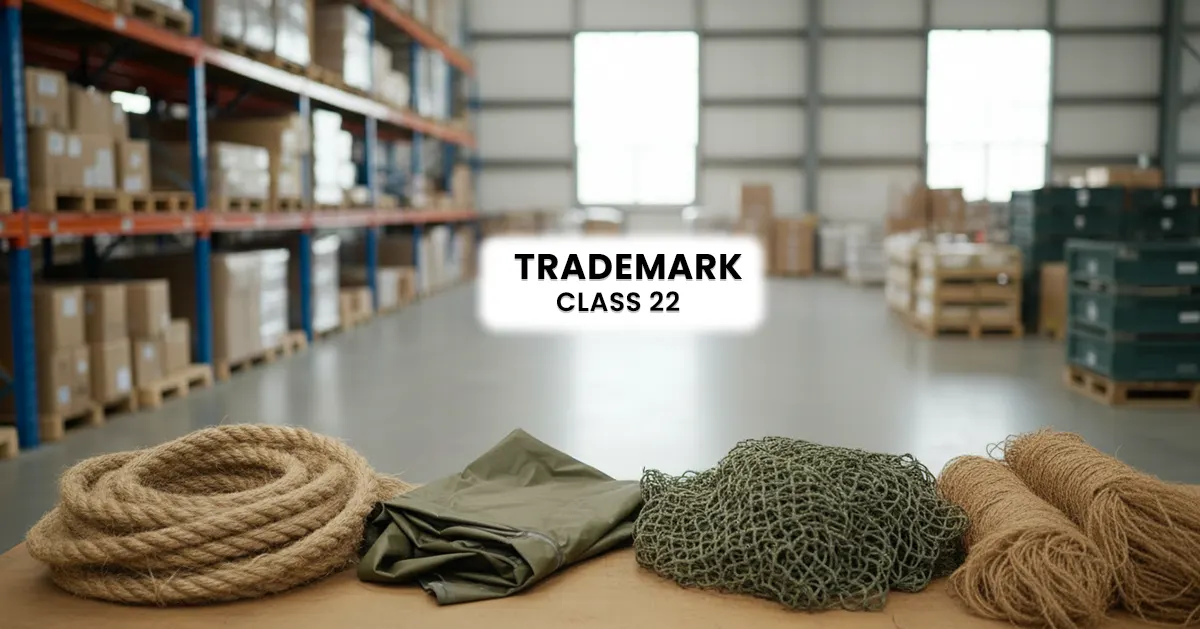BIS Certification ensures that a product meets the quality, safety, and reliability benchmarks set under Indian Standards (IS). This compliance is reflected through the ISI mark. It shows that a product has passed strict safety and quality checks. For businesses in Kolkata, the ISI mark:
- Builds trust
- Boosts credibility
- Assures buyers of reliable performance
The Bureau of Indian Standards (BIS) is India’s national standards body. It began operations in 1987 and now works under the BIS Act, 2016. This law has modernized how standards, quality control, and certification operate in India. BIS develops standards, issues marks, and certifies products to ensure quality and safety in the market.
BIS runs its Eastern Regional Office from Salt Lake, Sector V in Kolkata. It also manages the Eastern Regional Laboratory at Kankurgachi for testing and product assessment. These facilities give Kolkata businesses direct access to BIS support and faster certification processes.
As of 2025, BIS certification covered 679 product categories. Out of these, 187 Quality Control Orders (QCOs) make certification compulsory for goods like electronics, steel, cement, and consumer products.
For Kolkata businesses, BIS certification is mandatory. It is a smart step that ensures compliance, builds market reputation, and secures long-term competitiveness.
Why Your Products Need BIS Certification in Kolkata?
A BIS certification is required for Kolkata businesses for multiple reasons:
-
Safety and Consumer Protection
BIS protects consumers from unsafe and fake products. It ensures goods meet Indian Standards (IS). In West Bengal, BIS checks reduced product failure rates from 16.3% in 2023 to 10.3% in 2024 in steel, cement, and jewellery.
-
Quality Assurance
Certification confirms that a product follows approved processes. It validates durability and reliability. Moreover, it reduces recalls and defects while building a reputation for consistent quality in Kolkata’s competitive market.
-
Market Access and Legal Compliance
BIS makes certification mandatory for critical products. Without it, selling or distributing goods in India is illegal. This covers:
-
- Cement
- Steel
- Tires
- Kitchen appliances
- Electronics
- Steel and engineering goods
- Jewelry
- Chemicals and Plastics
- Electronics manufacturing
- Tea packaging and food processing
Non-compliance can have serious consequences. For instance, in 2024, BIS raided Amazon and Flipkart warehouses in Kolkata for selling uncertified hand blenders, toys, and steel bottles.
-
Export and Global Recognition
BIS certification boosts international trade. Countries like Nepal, Bangladesh, and Sri Lanka accept BIS-certified goods more easily. For Kolkata’s exporters of steel, tea packaging, or chemicals, BIS compliance strengthens global acceptance.
-
Government and Public Procurement
Many government tenders demand BIS-certified products. For example, in public infrastructure projects, only BIS-certified cement, steel rods, and pipes are eligible. This creates direct business opportunities for compliant firms.











